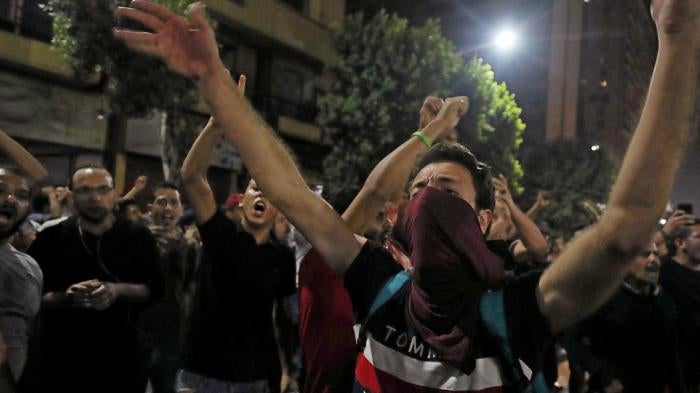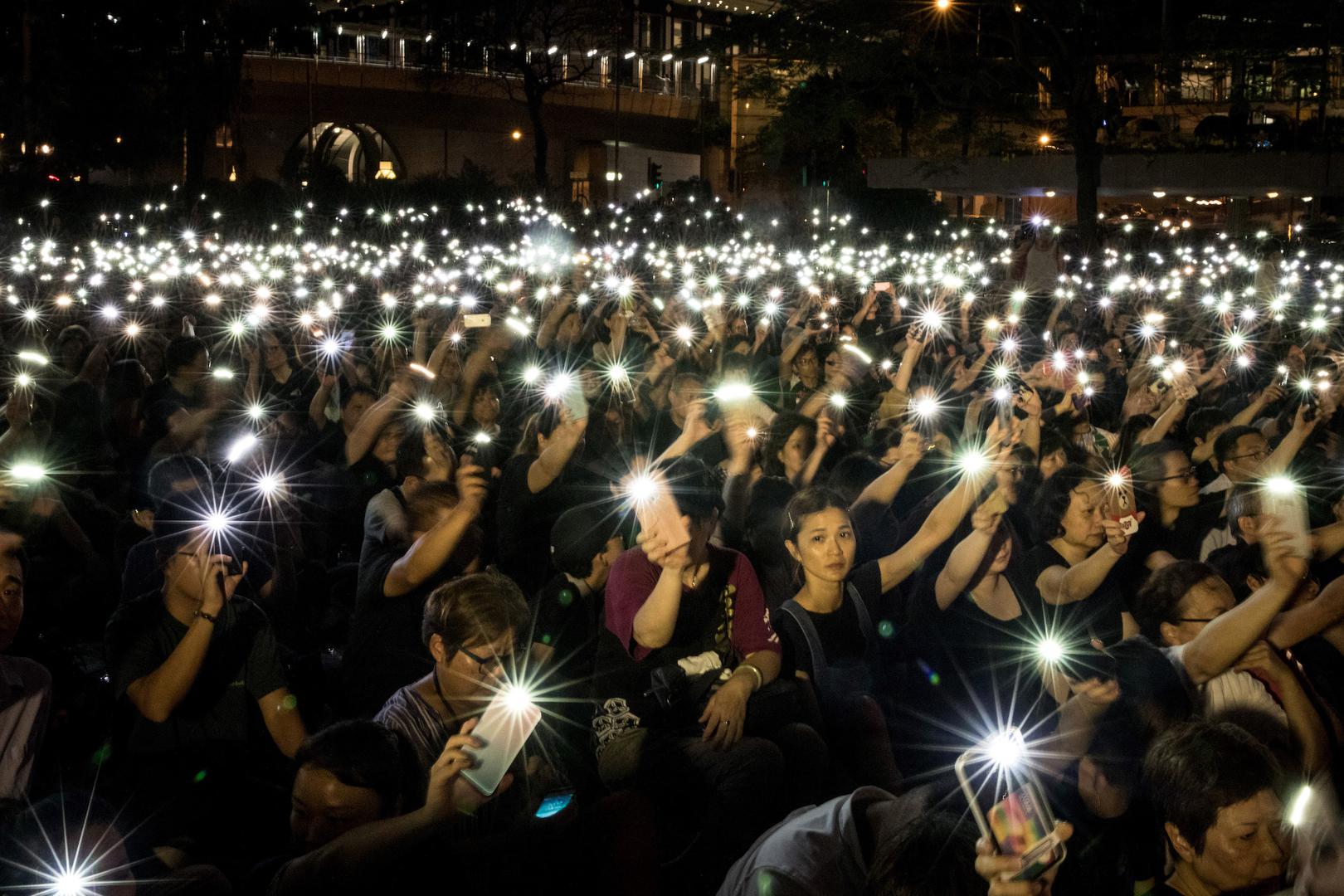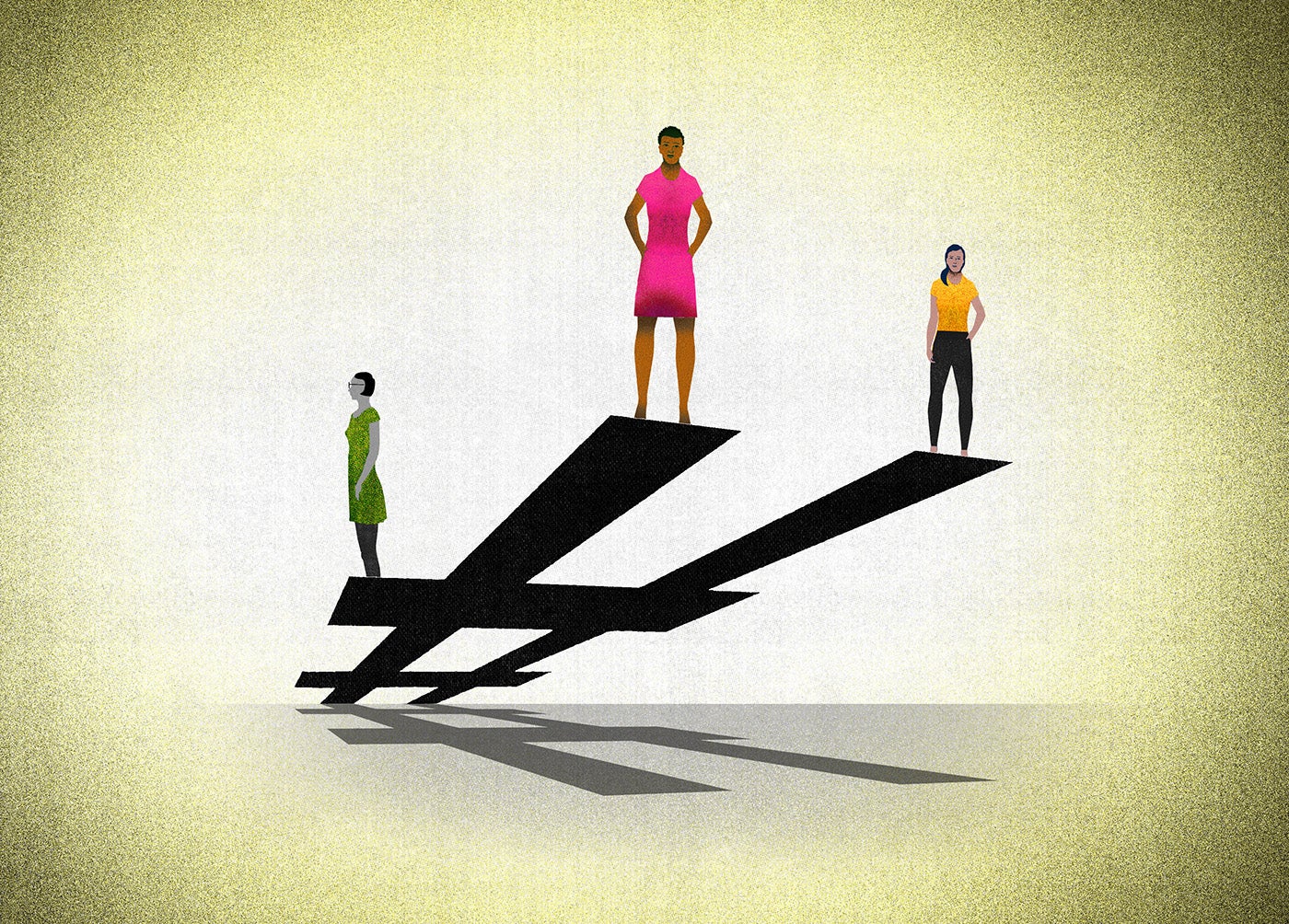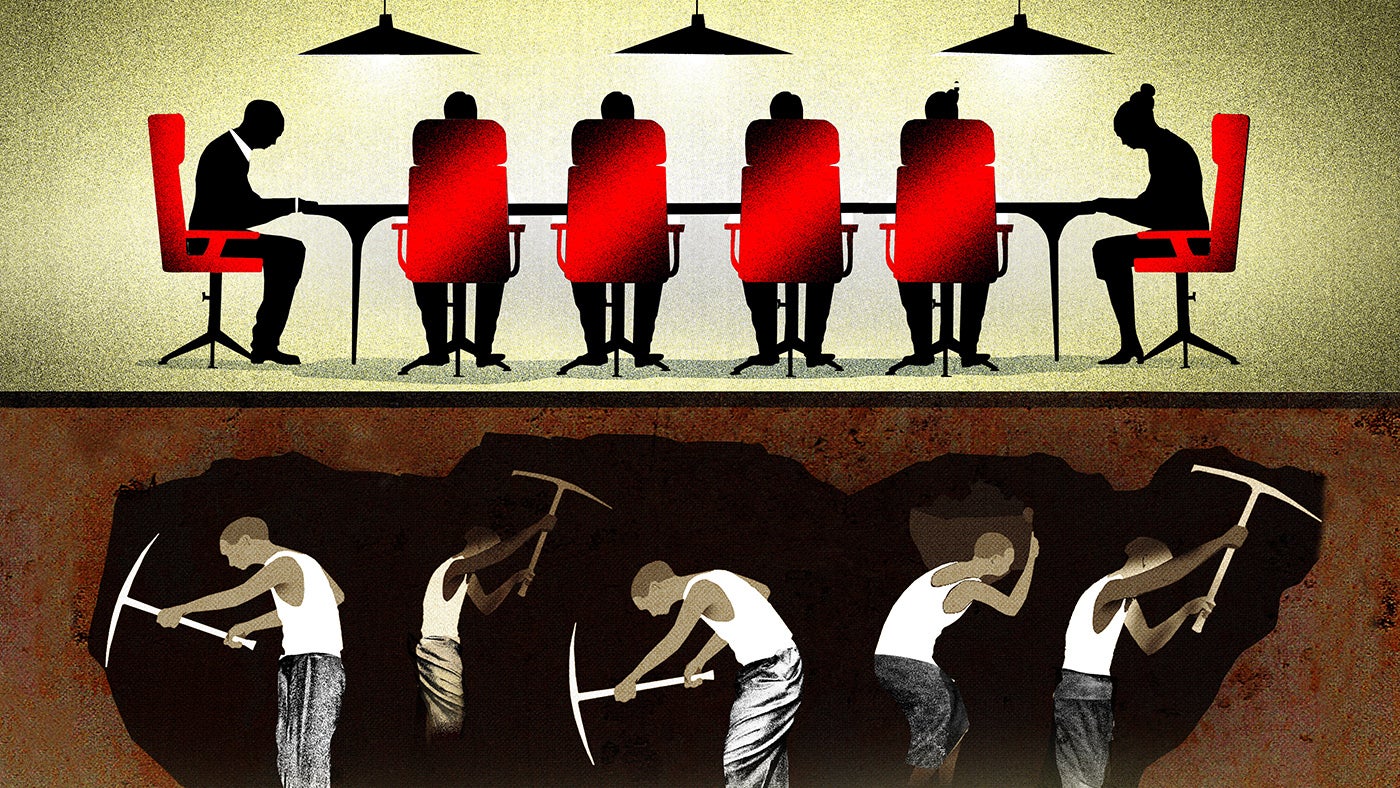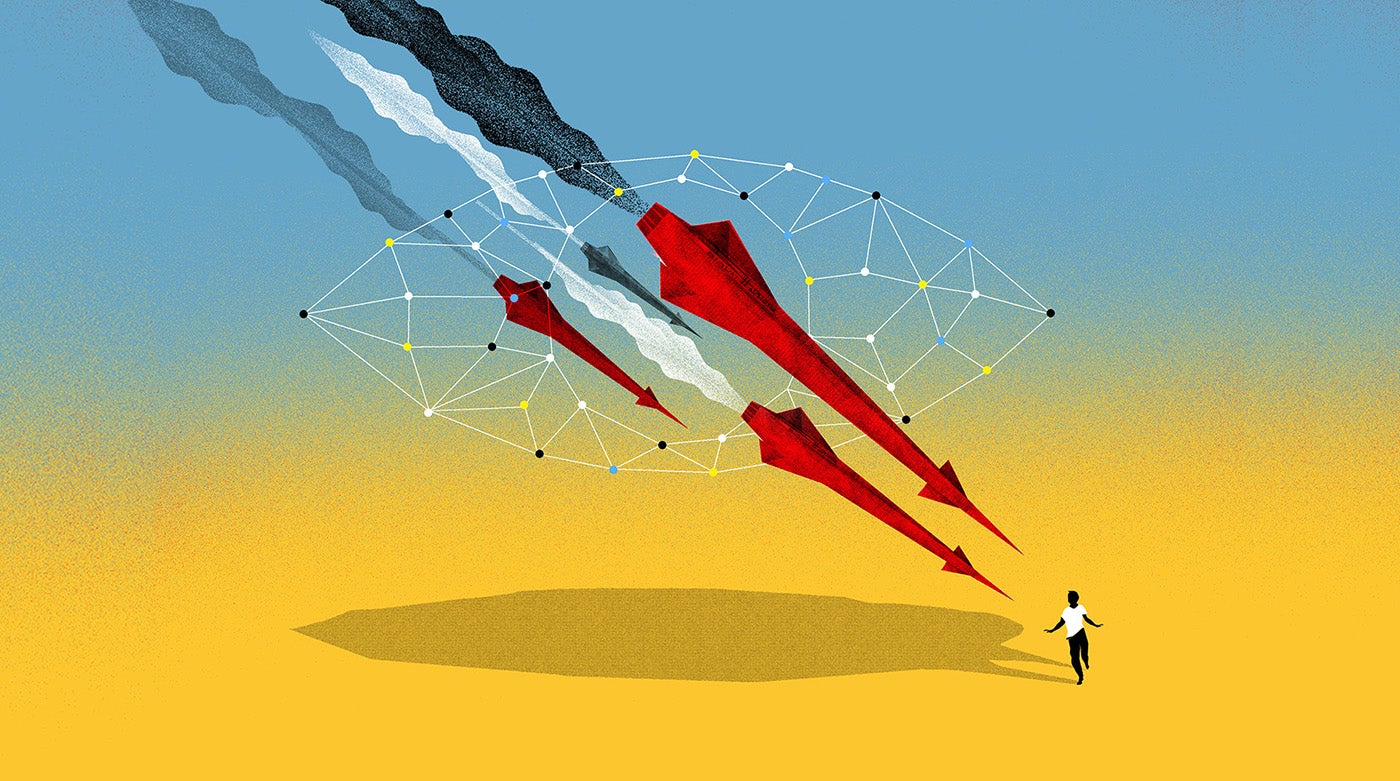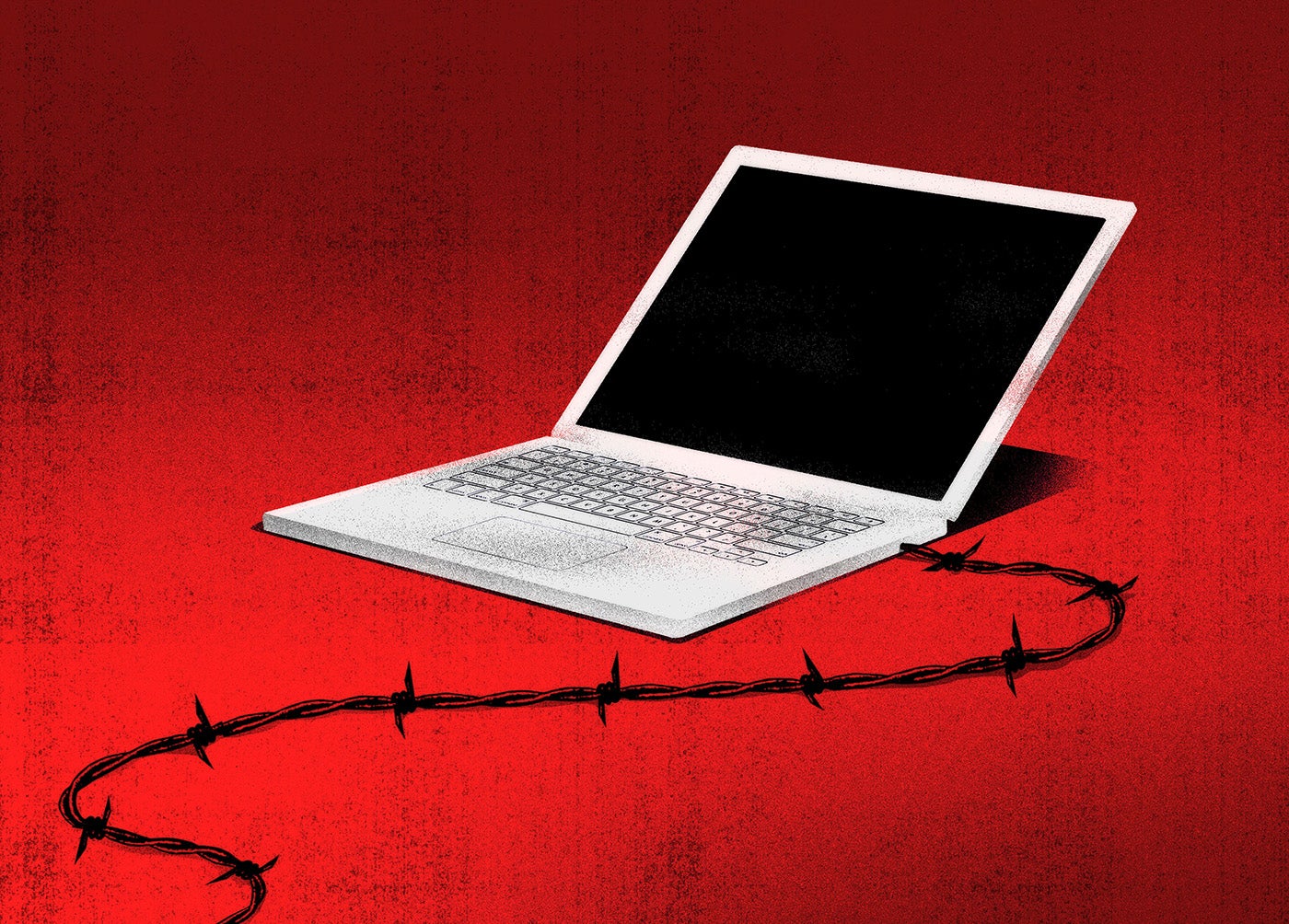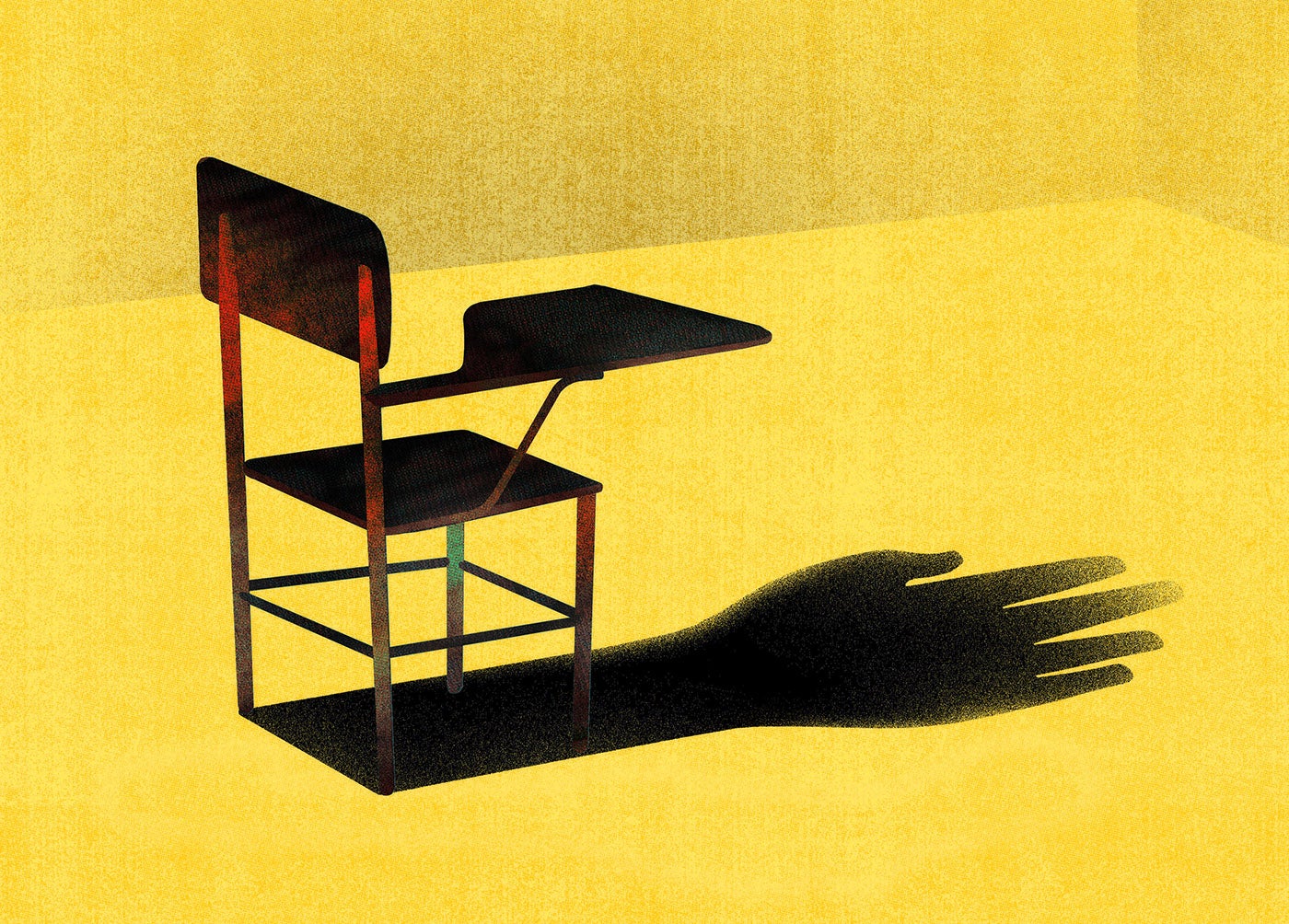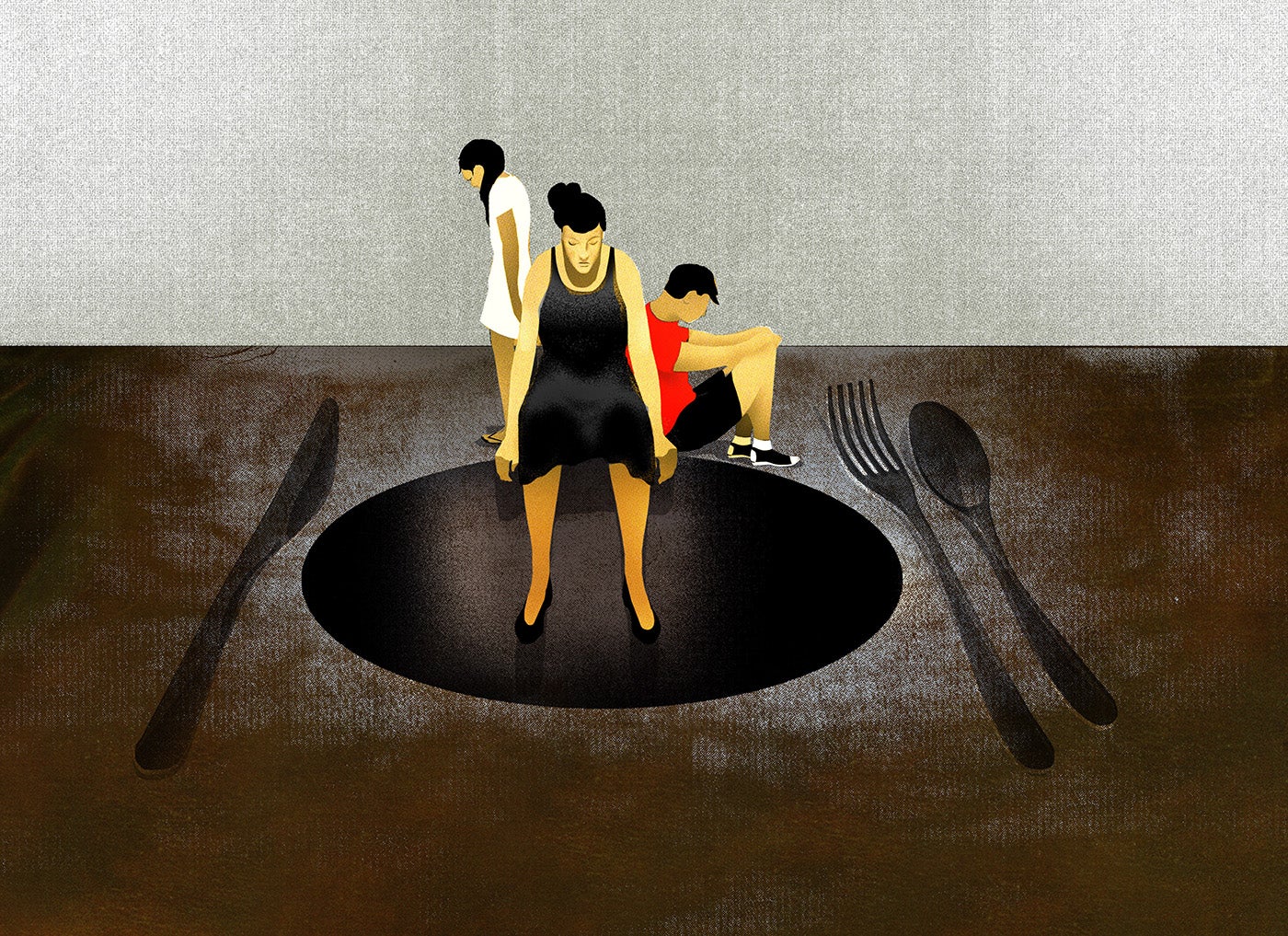The Egyptian government in 2019 passed constitutional amendments that were approved in an unfair referendum in April. The amendments consolidate authoritarian rule, undermine the judiciary’s dwindling independence, and expand the military’s power to intervene in political life. Security forces led by the military continue to brutalize civilians in North Sinai in its conflict with Sinai Province, an armed group affiliated with the extremist group Islamic State (ISIS). The army and pro-government militias carried out serious abuses, including demolishing homes and arbitrarily arresting, torturing, and extrajudicially executing residents. ISIS militants also committed horrific violations, including kidnappings, torture, and killings of residents and detained security force members.
Under the guise of fighting terrorism, Egyptian authorities showed utter disregard for the rule of law. Since April 2017, President Abdel Fattah al-Sisi has maintained a nation-wide state of emergency that gives security forces unchecked powers. Security forces used torture and enforced disappearances systematically against dissidents from all backgrounds. Egypt’s use of mass trials and the death penalty has mounted since 2013, including death sentences against children and death sentences issued in military trials.
In August, President al-Sisi approved a new law that maintains most of the drastic restrictions imposed on nongovernmental organizations (NGOs). Despite several government promises to lift restrictions, the law merely removes prison penalties but maintains severe restrictions that make it impossible for NGOs to work freely and independently.
The government failed to follow through on promises it had made to protect women and religious minorities. A law criminalizing domestic violence did not gain traction in parliament, and Christians still face discrimination and obstacles when it comes to building new churches.
Security Forces Abuses
The police and National Security Agency routinely carry out systematic enforced disappearances and torture with impunity. Torture practices have also affected well-known activists such as Alaa Abdel Fattah and Israa Abdel Fattah. Authorities keep thousands of prisoners in abysmal conditions, where overcrowding and insufficient medical care have been systematic and may have contributed to the deteriorating health and deaths of scores of detainees. Former President Mohamed Morsy, whom the army forcibly removed in 2013, died on June 17 in a Cairo court room following six years of lack of medical care and near-absolute isolation in prison. In November, two United Nations experts said that such conditions “may have directly led” to his death and “may be placing the health and lives of thousands more prisoners at severe risk.” Authorities did not conduct any independent investigation into his death.
Sinai Conflict
Egyptian security forces, mainly the army, as well as ISIS-affiliated militants, committed serious and widespread abuses in North Sinai, some of which amount to war crimes, since the conflict escalated in late 2013. Human Rights Watch documented several indiscriminate and possibly unlawful air and ground attacks by security forces. Human Rights Watch also documented 50 cases of arbitrary arrests, of whom 39 were likely forcibly disappeared; at least 14 have been missing for three or four years. Both sides carried out extrajudicial killings. Since 2014, Human Rights Watch has documented 20 extrajudicial killings of residents by government forces.
The army has arrested and forcibly disappeared children as young as 12. An army spokesman acknowledged some child detentions, justifying them as part of the army’s counterterrorism operations.
Those detained and disappeared are usually held in one of three main army bases in North Sinai: Camp al-Zohor in Sheikh Zuwayed, Battalion 101 Base in al-Arish, and al-Galaa Military Base in the neighboring Ismailya governorate. These are unofficial detention sites lacking judicial oversight. Detainees often face ill-treatment, abuse, and sometimes torture.
Between January 2014 and June 2018, 3,076 alleged militants and 1,266 military and police members were killed in Sinai hostilities. Egyptian authorities have not released statistics on civilian casualties, and often included civilians in militant death counts, making it difficult to ascertain what proportion of civilians make up these figures.
The Washington-based Tahrir Institute for Middle East Policy estimated that authorities arrested at least 12,000 Sinai residents between July 2013 and December 2018, though the government has only acknowledged about 7,300 in its official statements.
Egypt’s military has forcibly evicted roughly 100,000 North Sinai residents, or one-fifth of North Sinai’s population, and destroyed thousands of homes since 2014. Human Rights Watch documented demolitions of at least 3,600 homes and commercial buildings by the army between January and May 2018 alone. These demolitions are carried out without any judicial oversight or independent recourse mechanism.
With a state of emergency and long curfew hours imposed uninterruptedly in Sinai since late 2014, restrictions on movement, also justified under the rhetoric of counterterrorism, led to severe shortages of food and other essential items for months during 2018.
Sinai Province militants have kidnapped, tortured, and extrajudicially executed civilians, routinely targeting those they perceive to be pro-government. Sinai Province runs detention sites where civilians are held and interrogated.
Fair Trials, Due Process, and the Death Penalty
Constitutional amendments approved in an unfair referendum in April 2019 extended al-Sisi’s current term from four to six years, allow him to run for one additional term, and name him the head of the Supreme Council for Judicial Bodies and Authorities. This council will supervise and be able to intervene in the judiciary’s affairs, including appointments and promotions. The amendments also give the president the power to appoint the chief justice of the Supreme Constitutional Court, the head and members of the Commissioners’ Authority, and Egypt’s public prosecutor, among other positions.
Civilian and military courts sentenced hundreds of individuals to death in 2019, often in mass trials in cases that stem from alleged political violence or planned violence. According to the Egyptian Front for Human Rights, as of June authorities executed at least 15 prisoners in three cases on political grounds. Military and civilian courts of appeal upheld at least 32 death sentences, raising the number on death row to 74, the majority of whom were charged with political violence. In February, nine UN experts condemned the “arbitrary executions” of nine of those executed “on the basis of evidence allegedly obtained under torture,” following “what appears to be seriously flawed trials.”
Freedom of Assembly
President al-Sisi continued to warn against anti-government protests and gatherings. Authorities rounded up more than 4,400 people in a mass arrest campaign following rare anti-government protests on September 20. Those arrested include well-known figures, such as political science professors Hazem Hosni and Hassan Nafaa, as well as journalist and politician Khaled Dawood and human rights lawyer Mohamed al-Baker.
Over 160 activists or perceived dissidents were arrested or prosecuted by authorities for voicing criticism before the constitutional referendum in April. In June, authorities arrested and searched the homes of scores of activists and accused them of joining, aiding, or funding a “terrorist” group. The case, known as the “Hope Coalition” case, involves activists who were allegedly planning a new political coalition to contest the 2020 elections. Detainees include well-known leftist activists Ziad al-Elaimy and Hossam Mo’nis. Authorities unfairly banned 83 defendants in the case from travel and froze their assets.
Freedom of Association
The new NGO Law, which parliament passed in July and al-Sisi approved in August, prohibits NGOs from conducting field research, surveys, or opinion polls without government approval. The law also prohibits cooperating with foreign organizations or experts, or participating in any “political” activities or activities perceived to undermine “national security.”
NGOs face fines up to one million Egyptian pounds (US$60,000) for sending or receiving funds without government approval or for operating without a license. Organizations refusing to provide information about their activities can expect fines of half-a-million Egyptian pounds (US$30,000). The new law permits daily monitoring of NGO activities by government or security officials.
The government did not include any critical human rights groups in the consultations around drafting the new law, and the final draft was kept secret until it was passed by the parliament.
In December 2018, an Egyptian criminal court acquitted all 43 defendants in the retrial of the 2011 foreign organizations case in which they had been sentenced to between 1 and 5 years in prison. The court said that the charges “contradict democratic values and the country’s obligations under international law.” The case involved staffers from four American organizations and one German. Despite the ruling, authorities continued to impose travel bans and asset freezes of at least 31 leading Egyptian human rights activists in the protracted investigations in Case 173 of 2011, known as the “foreign funding” case. One of these activists, lawyer Gamal Eid, was physically attacked in October by armed men in circumstances that indicated government involvement.
In June, the International Labour Organization placed Egypt on its list of countries that abuse workers and do not respect their right to organize and unionize. Egypt was on this list 5 times in the last 15 years and was removed only briefly in 2018.
Freedom of Expression
Egyptian authorities severely punish peaceful criticism against the government and routinely silence journalists, bloggers, and social media users. Since 2017, authorities have blocked an estimated 600 news and political and human rights websites, as well as social media sites and secure communications apps, without judicial authorization. More news and political websites were blocked before the constitutional referendum in April.
The Supreme Council for Media Regulation, a government entity established pursuant to the abusive new 2018 media law to monitor and control media, issued in March and September two sets of by-laws that impose drastic restrictions and disproportionate penalties without judicial oversight for any media outlet, including websites and social media pages, that do not abide by the council’s rules. Under these rules, which among other things prohibit “insulting state institutions,” “generalization,” and “harming state interests,” the council has censored newspapers, websites and tv shows.
Egypt was among the top three worst jailers of journalists in the world, with roughly 30 journalists behind bars, many charged with “spreading false news.”
Freedom of Belief and Religion
Christians, the largest religious minority in Egypt, continued to face systematic discrimination on societal and institutional levels. The government recognizes only Islam, Christianity and Judaism as official religions. Minorities such as Baha`is and nonbelievers face discriminatory obstacles in obtaining IDs and vital documents, such as marriage and death certificates.
Discriminatory laws continue to impede building and renovating non-Sunni Muslim houses of worship. Egypt’s 2016 discriminatory church-building law has achieved little in removing obstacles and sectarian violence around building churches. According to pro-government newspapers, of about 6,000 churches and service buildings that lack legal recognition, only 1,027 were given conditional permits as of July, three years after passage of the law.
Terrorist attacks against Christians continued. In January, two days before Christmas celebrations, a bomb outside a Coptic church in Nasr City killed a policeman.
Violence against Women, Girls, and LGBT People
Egypt continued to stall on a law that would tackle domestic violence. UN Women group, which works for women’s empowerment, estimated that almost a third of Egyptian women experienced intimate partner physical or sexual violence in their lifetime. Despite the 2016 penal code amendments criminalizing female genital mutilation (FGM), prosecutions of perpetrators remained rare and FGM remains widely practiced throughout the country, with an estimated four out of five genital mutilations performed by doctors in professional medical environments.
Authorities prosecuted and banned from leaving the country leading women’s rights activists, including Mozn Hassan, head of Nazra for Feminist Studies and Azza Soliman, head of the Centre for Egyptian Women’s Legal Assistance. Egypt continued to repress lesbian, gay, bisexual, and transgender (LGBT) rights, in recent years prosecuting dozens of people based on their sexual orientation or gender identity.
Authorities continued to subject people accused of homosexual conduct to forced anal examinations, which are cruel and degrading and can rise to the level of torture. In March, Malak al-Kashef, a transgender woman, was arrested from her home and accused of “joining a terrorist group.” She spent four months in pretrial detention in a male prison where she was sexually harassed and abused before being provisionally released in July. Hossam Ahmed, a transgender man, was also arrested in March and ordered detained on terrorism accusations.
In January, a TV anchor was sentenced to one year in prison for interviewing a gay man on television. Egypt censored gay-themed scenes from the film Bohemian Rhapsody, starring Egyptian-American actor Rami Malek.
Key International Actors
US President Donald Trump met with al-Sisi on three separate occasions in 2019: in the White House in April, on the sidelines of the G7 summit in August in France, and at the UN General Assembly in September. Trump did not at any point publicly raise human rights concerns, instead praising al-Sisi’s “fantastic job” in Egypt.
In a September meeting with al-Sisi, UK Prime Minister Boris Johnson chose to highlight economic ties but made no mention of the mass arrests that preceded the meeting.
In January, French President Emmanuel Macron criticized human rights abuses in a Cairo press conference after meeting al-Sisi. However, France remained one of the main suppliers of weapons and surveillance technology to Egypt. In late 2018, Italian authorities named several Egyptian police and National Security Agency officers as involved in the kidnapping and murder of Italian PhD student Giulio Regeni in 2016, but Egypt failed to investigate or prosecute anyone.
In April and May, Egypt hosted the 64th Ordinary Session of the African Commission on Human and Peoples’ Rights (ACHPR), the African Union’s top rights body, in an oppressive atmosphere. About 70 participants did not manage to get visas on time. Two female participants were sexually assaulted by registration officials in Sharm al-Sheikh, and others reported physical surveillance.
In October, the European Parliament adopted a strong resolution condemning abuses in Egypt and North Sinai, the third such resolution in less than two years, but the European Union failed to adopt concrete measures in response.
UN High Commissioner for Human Rights Michelle Bachelet and several UN experts have repeatedly condemned abuses in Egypt. In November, during the Universal Periodic Review at the UN Human Rights Council in Geneva, Egypt received strong criticism and scores of recommendations from countries from every region. However, the states at the council have failed to introduce a collective statement of concern despite the worsening crisis in Egypt since March 2014.
